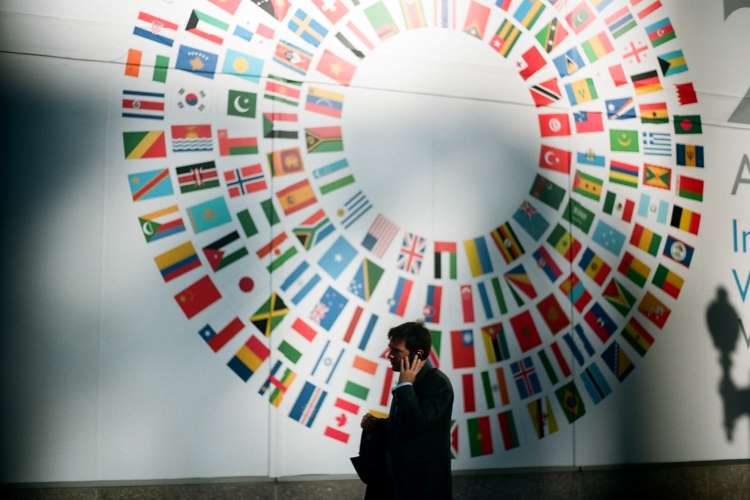
Ease of doing business index: The World Bank is facing a huge credibility crisis after an investigation found that the senior executives of the bank manipulated the data for its Doing Business Index that ranks the business environment in 190 countries. The UN had to suspend the publication of the index which ranks countries on the basis of the ease to open and operate businesses. The controversy also raises questions about the inherent biases in the processes and parameters involved in the ranking system.
There was widespread demand for the resignation of bank officials accused of manipulating the data under pressure from some powerful shareholders such as China and Saudi Arabia. The scandal sullied the reputation of IMF managing director Kristalina Georgieva who was named in the report. She was the chief executive officer of the World Bank when the alleged data manipulation took place.
READ I Why ease of doing business rankings are important
Why is ease of doing business important
The World Bank is a multilateral lending institution that offers loans and grants to low- and middle-income countries to execute capital projects. The Bank’s financial clout helped the Doing Business Index become one of the most influential indicators for multinational corporations looking to make investment decisions. This is despite the fact that the lending institution has no mandate to rank or guide the regulatory processes of the countries.
The index ranks member nations based on 11 parameters such as opening a business, getting construction permits, getting power connection, registering properties, availing credit, protection of minority investors, paying taxes, cross-border trade, enforcement of contracts, and resolving insolvency disputes. A higher rank in the index meant a major increase in investment inflows into a country. According to the World Bank, a 1 percentage point improvement in the overall score meant additional FDI inflows between $250 million and $500 million.
READ I Green hydrogen tech gets a leg up at climate change meet
The idea behind the establishment of the index in 2002 was to create a ranking system that would be easy to digest for political leadership of countries and other stakeholders who want to reform and improve the existing policy processes. Several countries in the world have been shaping their corporate governance regimes to fit into the Doing Business ranking system. As the index became a major influence on foreign investment decisions, the bank failed to put safeguards against possible attempts by national governments to manipulate the system.
In a January 2018 media interview before he resigned as the World Bank chief economist, Paul Romer said the rankings were manipulated to suit the bank’s interests. This created a stir within the World Bank group, leading to the suspension of the ease of doing business ranking in August 2020. In January 2021, the bank asked law firm WilmerHale to investigate the episode. The report submitted by WilmerHale said the World Bank staff manipulated the EODB data to improve China’s ranking under pressure from Georgieva. It cited similar incidents involving Azerbaijan, Saudi Arabia and the UAE in the 2020 report.
READ I Indian economy: GST collections bring cheer, but concerns over recovery linger
Need for reforms at World Bank, IMF
The process of ranking allowed countries to use corrupt practices to improve their rankings. The easiest way to do so was buying the World Bank’s reimbursable advisory services. The bank leadership ignored the conflict of interest in helping countries improve the ranking. The bank is also accused of pushing reforms that had an inbuilt bias towards legal systems in the US. To put it simply, it inadvertently pushed countries to adopt capitalist systems existing in the US, while more humane practices followed by Japan and some Western European countries were punished.
The crisis underscores the importance of the demand by developing countries to make decision making at these organisations more transparent. A majority of member countries feel that equitable and fair distribution of resources can happen only when these institutions become more representative and democratic.
World Bank and its twin IMF are run by a few economically powerful nations which hold power to pick the senior management in these institutions. These powerful nations make decisions based on their interests, while the borrower nations do not have any influence in decision making in these multilateral bodies. The developing countries which do the bulk of the borrowing from these organisations are seeking reforms in the voting pattern to allow a shift in focus from western economies.
The scandal highlights the inability of multilateral lenders to offer ‘fair’ advice to member countries on their business processes and legal systems. The World Bank’s stated objective is to “end extreme poverty and promote shared prosperity” and products like Doing Business Index do not help the lending institution in this mission. The bank should exit endeavours that have inherent conflicts of interest with its stated mission and leave such jobs to universities or think tanks.
